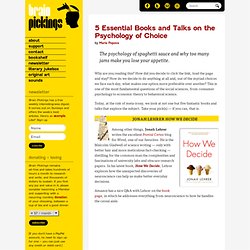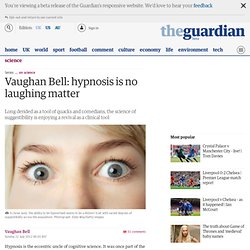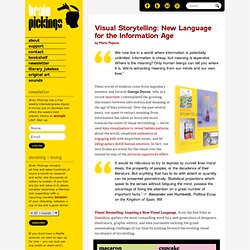

Waking Life Official Trailer. 5 Essential Books and Talks on the Psychology of Choice. By Maria Popova The psychology of spaghetti sauce and why too many jams make you lose your appetite.

Why are you reading this? How did you decide to click the link, load the page and stay? How do we decide to do anything at all and, out of the myriad choices we face each day, what makes one option more preferable over another? This is one of the most fundamental questions of the social sciences, from consumer psychology to economic theory to behavioral science. Today, at the risk of meta-irony, we look at not one but five fantastic books and talks that explore the subject. Among other things, Jonah Lehrer writes the excellent Frontal Cortex blog for Wired, one of our favorites.
Amazon has a nice Q&A with Lehrer on the book page, in which he addresses everything from neuroscience to how he handles the cereal aisle. Barry Schwartz studies the relationship between economics and psychology. LeadingThoughts - LeadershipNow.com. Vaughan Bell: hypnosis is no laughing matter. Hypnosis is the eccentric uncle of cognitive science.

It was once part of the mainstream – studied by scientists and clinicians alike in its 1960s heyday – but it slowly fell into disrepute as it was picked up and popularised by tacky stage hypnotists and quack practitioners in the following decades. In recent years, hypnosis has seen something of a rebirth, and neuroscience studies using the technique are now regularly published in some of the most respected scientific journals. Curiously, though, it hasn't shaken off the stigma entirely. While writing this article I contacted several researchers who have published neuroscience studies using hypnosis, and not one replied.
The reticence is understandable. The lack of wider discussion is a pity, as hypnosis – or rather suggestibility – is a remarkable aspect of human psychology. Neuroimaging has also proved key in answering the question of whether hypnotised people are pretending to experience the effects. Visual Storytelling: New Language for the Information Age. By Maria Popova We now live in a world where information is potentially unlimited.

Information is cheap, but meaning is expensive. Where is the meaning? Only human beings can tell you where it is. We’re extracting meaning from our minds and our own lives.” These words of wisdom come from legendary inventor and futurist George Dyson, who in a recent interview contemplated the growing disconnect between information and meaning in the age of data overload. It would be ridiculous to try to express by curved lines moral ideals, the prosperity of peoples, or the decadence of their literature. Visual Storytelling: Inspiring a New Visual Language, from the fine folks at Gestalten, gathers the most compelling work by a new generation of designers, illustrators, graphic editors, and data journalists tackling the grand sensemaking challenge of our time by pushing forward the evolving visual vocabulary of storytelling.
Vahram Muratyan: Paris vs. Billy Collins: Everyday moments, caught in time. TEDxSanJoaquin - Sacha Joseph-Mathews - Why Corporate Just Doesn't Get it!
Himba Woman Picture – Namibia Photo. People Can Hallucinate Color at Will. People can hallucinate colors just with the power of suggestion, a new study says. In a recent experiment, scientists asked a group of prescreened people to look at a set of gray patterns and try to visualize color. Eleven members of the group had been identified as highly susceptible to hypnosis while seven of the subjects were not susceptible. (See "Coffee May Cause Hallucinations. ") Hypnosis is a trance-like state characterized by heightened focus, concentration, and inner absorption, according to the Mayo Clinic. About 10 percent of people worldwide are highly susceptible to hypnosis while 10 percent are not influenced at all. The remaining 80 percent—the majority of the population—are moderately susceptible, said study co-author William McGeown, a neuroscientist at the U.K.' The new study found that all the subjects who were easily hypnotized reported seeing a range of colors even while not under hypnosis, McGeown said.
Brain Scans Back Up Results Mere Suggestions May Help Phobias, Pain. Words are inert.. Waking Life P E R C E I V I N G R E A L I T Y. Are you a Dreamer?